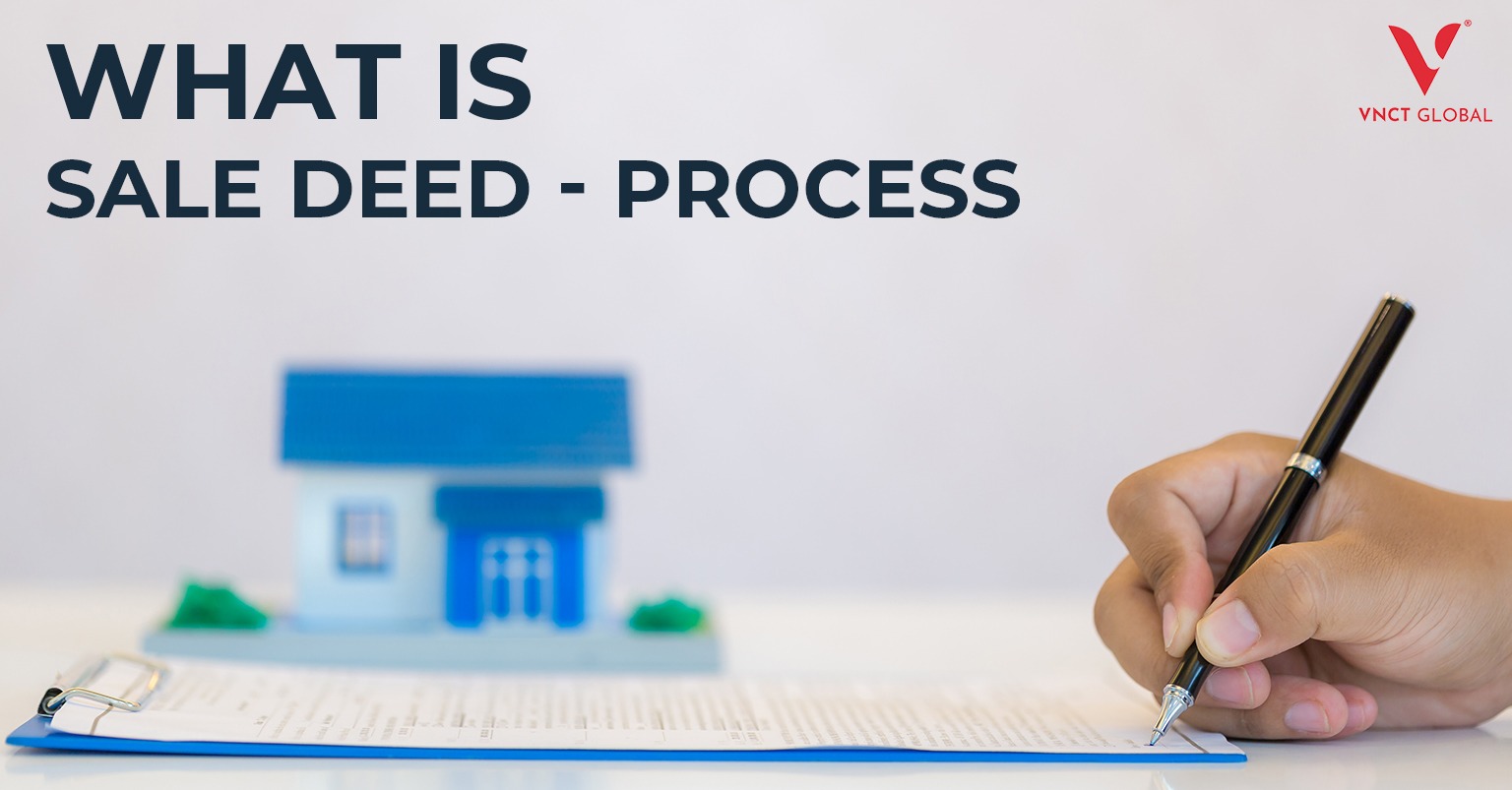Table of Contents
What Is a Sale Deed?
Buying a home is one of life’s biggest milestones. It’s not just about the structure or the location it’s about knowing that the home is legally and rightfully yours. That’s where a sale deed comes in.
In simple terms, a sale deed is a legal document that officially transfers ownership of a property from the seller to the buyer. Until this document is signed and registered, you don’t legally own the property even if you’ve paid in full.
If you’re an NRI looking to invest in India, understanding this document is not just important it’s absolutely essential.
Why Is a Sale Deed So Important?
Imagine paying for your dream home but not having any legal proof to show you own it. That’s the risk you take without a registered sale deed.
Here’s why it matters:
- It proves you’re the legal owner of the property.
- It includes all the important details price, possession date, property description, and terms agreed upon.
- It protects your rights in case of disputes.
Whether you’re buying a 3BHK at Brookside Residences, a villa at Palm Beach, or something in Creek Residences, the sale deed is the final stamp of ownership.
What Should Be in a Sale Deed?
A strong sale deed is like a safety net. It should clearly state:
- Full names and addresses of buyer and seller
- Property details: layout, location, survey number
- Agreed price and payment method
- Date of possession
- Statement confirming the property is free from debts or disputes
- Both parties’ responsibilities
- Signatures of buyer, seller, and two witnesses
If any of these are missing or unclear, it can cause legal problems later.
How Is a Sale Deed Drafted?
Drafting a sale deed isn’t about downloading a generic format online. It needs to reflect your specific transaction.
Here’s how it typically works:
- Title verification – Make sure the seller has the right to sell.
- Legal due diligence – Check for any loans, legal cases, or ownership issues.
- Draft creation – A legal expert prepares the deed with all accurate details.
- Stamp duty payment – This is a tax you must pay to the government.
- Registration – Both parties go to the local sub-registrar office to sign and register the deed.
For NRIs, this can be tricky especially if you’re overseas. That’s why VNCT Global supports you with everything from paperwork to registration, even if you can’t be present in India.
Registration: The Final and Crucial Step
In India, it’s not enough to just sign the deed. It has to be registered with the government.
This means:
- Paying the stamp duty
- Visiting the sub-registrar office
- Signing in front of witnesses
- Getting a certified copy of the registered deed
Once this is done, the property is legally yours. For NRIs, VNCT Global arranges for Power of Attorney (PoA) documentation, schedules the appointments, and ensures every step is done without hiccups.
Mistakes to Avoid in a Sale Deed
Some common slip-ups include:
- Not checking the full title history
- Overlooking property boundaries or layout mismatches
- Ignoring stamp duty rules
- Not reading the fine print in clauses
- Missing signatures or witness details
These can cause huge delays or worse, make the sale invalid. At VNCT Global, every sale deed whether for villas in Chennai, villas in Madurai, or villas in Coimbatore is handled with legal precision.
What Happens After Registration?
Once the SD is registered:
- The buyer receives a certified copy
- The municipal records are updated
- Property tax is shifted in the buyer’s name
- Utility services are transferred
In short you’re officially the owner.
Sale Agreement vs Sale Deed
People often confuse the two. Here’s the difference:
- Sale Agreement: A promise to sell, often signed before full payment.
- Sale Deed: The final transfer, registered with the government. Without this, ownership isn’t official.
Can a Sale Deed Be Cancelled?
Yes but only under specific conditions like:
- Fraud or misrepresentation
- Coercion
- Mutual agreement between buyer and seller
In such cases, a cancellation deed must be created and registered.
NRI Focus: How VNCT Global Makes the Sale Deed Easy
For Non-Resident Indians, navigating property purchases from abroad is no small task. Time zones, paperwork, and Indian laws can create real stress.
That’s why NRIs prefer VNCT Global one of the best villa developers in India.
Here’s how we support you:
- Assistance with Power of Attorney (PoA) so someone can sign on your behalf
- Help with stamp duty, tax advice, and FEMA compliance
- On-ground support for site visits, registration, and documentation
- Seamless coordination for villas in Brookside Residences, Park Villas, Ocean Drive Villas, and more
- Regular updates, even if you’re based in Dubai, Singapore, or elsewhere
Looking to attend our upcoming events in Dubai? You can also explore our premium villas, learn about NRI-specific benefits, and book consultations.
Conclusion
A SD is more than a legal formality it’s your shield, your proof, and your security in property ownership. Whether you’re in India or halfway across the globe, make sure the process is done right.
And if you’re looking to invest in beautiful, ready-to-own villas in Chennai, villas in Madurai, or villas in Coimbatore, trust VNCT Global recognized as one of the best villa developers in India. From legal guidance to seamless execution, we’re here to make every step easy for you.
Have questions or need help? Contact us VNCT Global today and let’s get your dream home started.
If you’re an NRI looking for safe, stylish, and hassle-free investments, contact us VNCT Global today.
FAQs About Sale Deed
- Is a SD mandatory for buying property in India?
Yes, without it, you have no legal claim to the property. - Can an NRI sign a SD remotely?
Yes, through a legally notarized and attested Power of Attorney. - What if I lose the SD ?
Apply for a certified copy at the local registrar’s office where it was registered. - How long does SD registration take?
Usually 2–3 days, but can vary depending on location and documentation. - Why choose VNCT Global?
Because we’re among the best villa developers in India known for quality, legal transparency, and top-tier NRI support.





